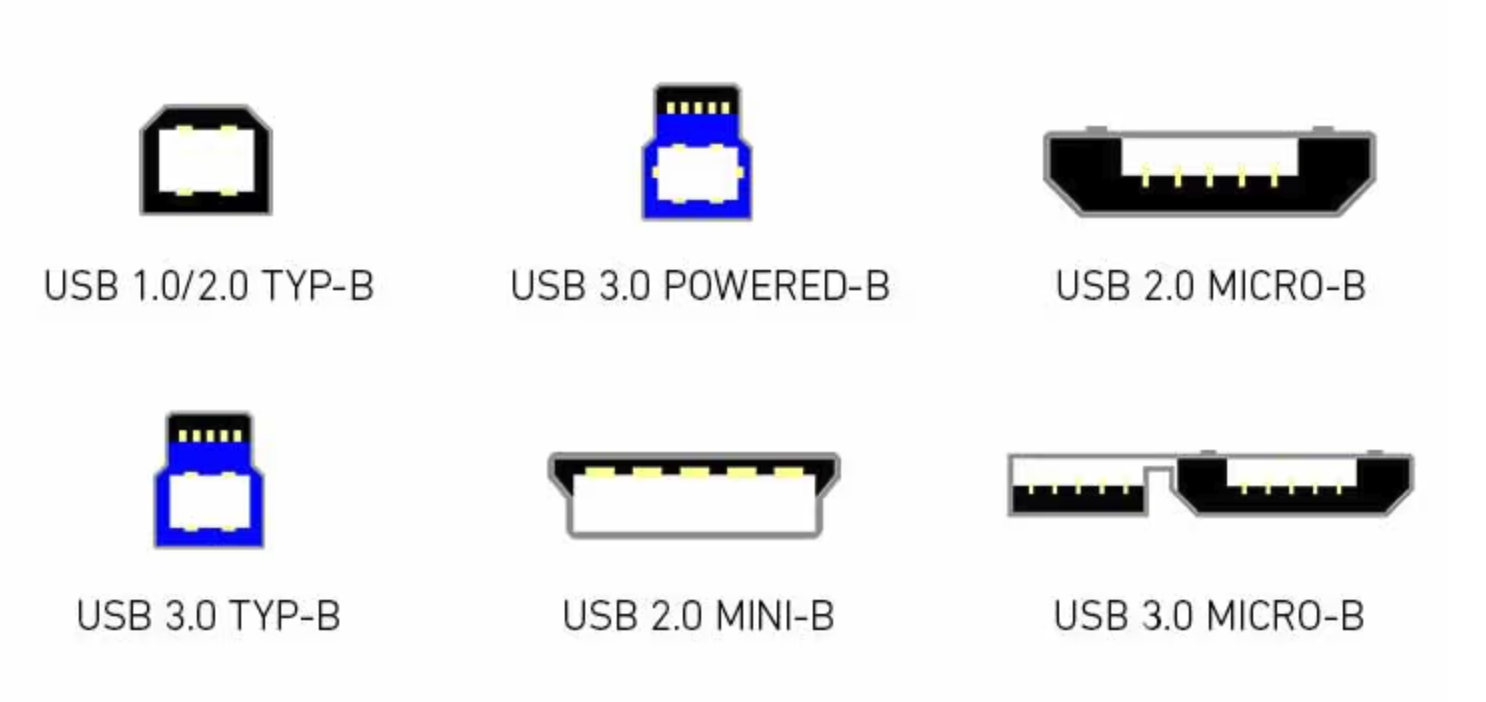The USB Type-C specification was published in 2014 by the USB implementers forum (USB-IF). Since then it has seen massive adoption, and is present on most new personal computing devices and beyond.
Will a new connector type be proposed by USB-IF that fills the same niche, i.e. general purpose connector. Niche connectors for a particular purpose will not resolve this market.
Anything that fills the niche that USB-A, B, or C will be considered a Yes, even if the connector is too large for some modern USB-C devices.
An evolved connector with the same form factor will not be considered, the shape must be different. The market will resolve yes if there is some level of physical compatibility with USB-C, but the differences must be more substantial than an increase in pins.
@gigab0nus I would consider these to different connectors. The form factor is the important consideration, plus targeting general purpose. E.g. microUSB has the same pins as regular USB connectors, but is a different form factor.
Would this resolve as YES if there's a new connector that is arguably general-purpose but isn't a substitute for Type-C? e.g. a hypothetical new larger connector that doesn't fit on mobile devices but is common for general higher-power/higher-bandwidth desktop use?
Would this resolve to YES if there's a new standard connector which is backwards-compatible, similar to how USB 3.0 evolved Type-A by adding more pins? It would be a new standard connector, but might still be called Type-C and look the same.
@AngusMcInnes great questions.
Anything that fills the niche that USB-A, B, or C will be considered a Yes, even if the connector is too large for some USB-C devices.
An evolved connector with the same form factor will not be considered, the shape must be different. The market will resolve yes if there is some level of physical compatibility with USB-C, but the differences must be more substantial than an increase in pins.
